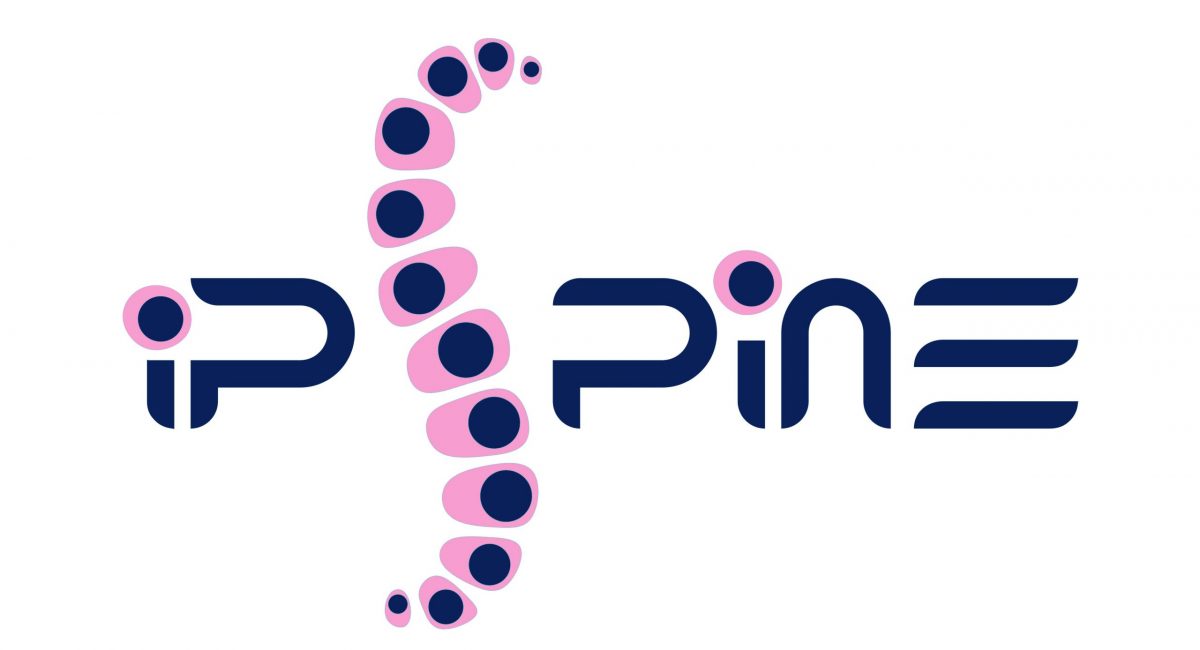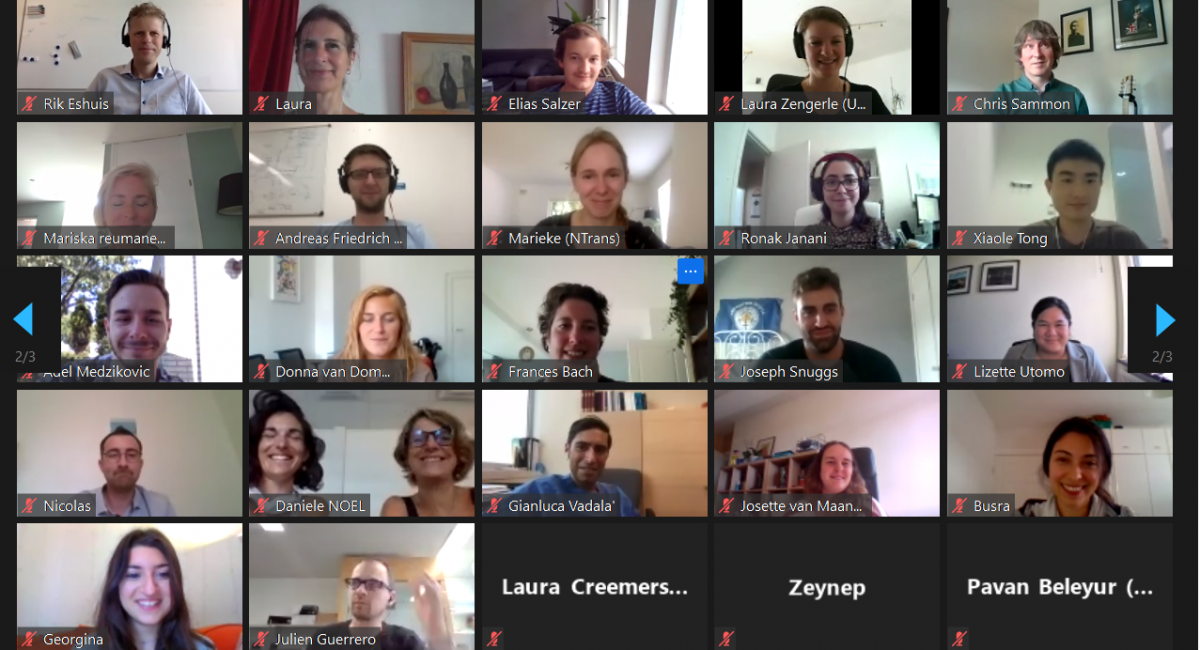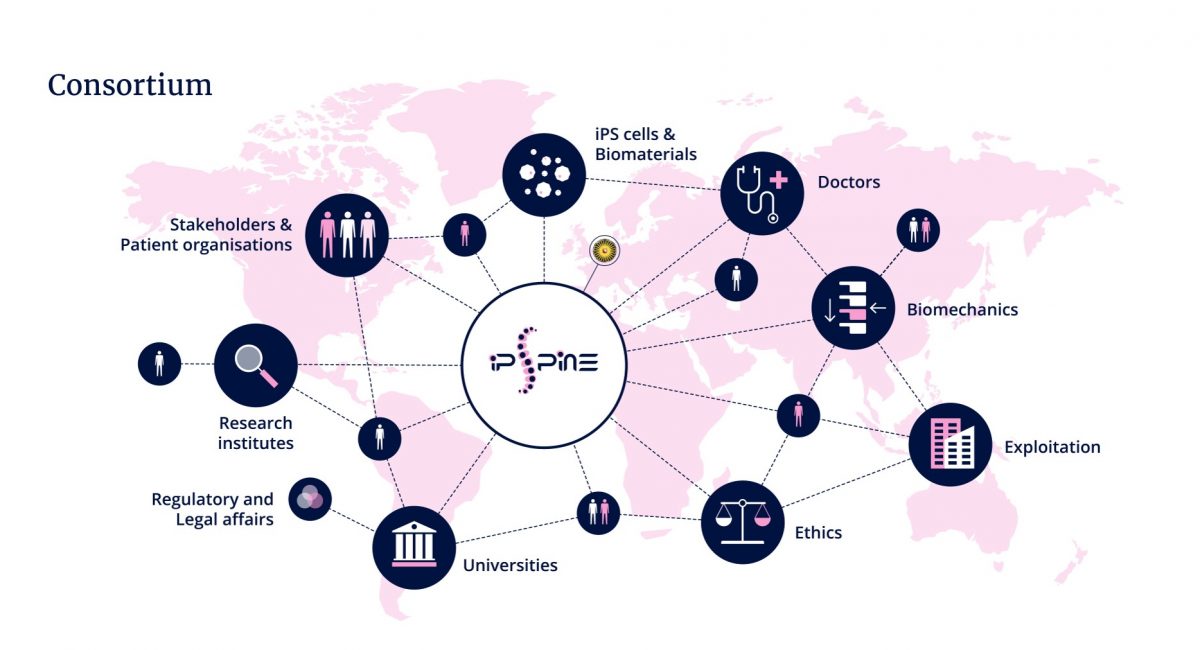Are you suffering from low back pain? You’re not alone—low back pain is a major cause of disability worldwide. A key factor contributing to this pain is the degeneration of the discs in your spine, accounting for about 40% of all cases. In many of these cases this pain will pass, but unfortunately in 5% of those, accounting for an estimate of 40M sufferers, it will result in chronic lower back pain due to disc degeneration. This not only affects your health but also has significant economic implications for the EU, costing around €240 billion annually.
Enter the iPSpine project—a groundbreaking initiative with the long term aim of finding a solution to this problem. Our goal is to develop an advanced therapy using induced pluripotent stem cells (iPSC) and smart biomaterials. Here’s a breakdown of what we’ve achieved so far:
Making Progress in Regenerative Treatment:
- We’ve identified special cells (iPS-notochordal-like cells) and tested two safe biomaterials to help restore the function of degenerated spinal discs.
- We’ve confirmed the cells’ ability to survive in degenerated discs, a crucial step in the long-term restoration of disc function.
- Ongoing safety studies in mice will ensure the treatment is secure, and we’re developing a special stem cell line to ensure a healthy outcome.
Developing Technologies for Effective Treatment:
- We’ve successfully reprogrammed cells into iPS cells using RNA, making the treatment applicable beyond the iPSpine therapy.
- Cutting-edge technology has allowed us to analyze the characteristics of these cells and the biomaterials, ensuring their effectiveness.
- We’ve created cells with a reporter system for easy tracking in preclinical
Navigating Ethical and Regulatory Waters:
- We’re tackling the ethical and regulatory challenges associated with advanced therapies, including policy studies and responsible innovation.
- Continuous regulatory guidance is helping us navigate the complex field, ensuring that our studies align with regulatory expectations.
Looking Forward:
Upon successful implementation, we hope to improve the lives of those suffering from chronic back pain by regenerating degenerated tissue and reducing. The knowledge and technologies developed through iPSpine contribute also to the development of new iPS-based therapies for various health issues. We’re committed to open innovation and taking a leadership role in advancing these therapies in Europe.






